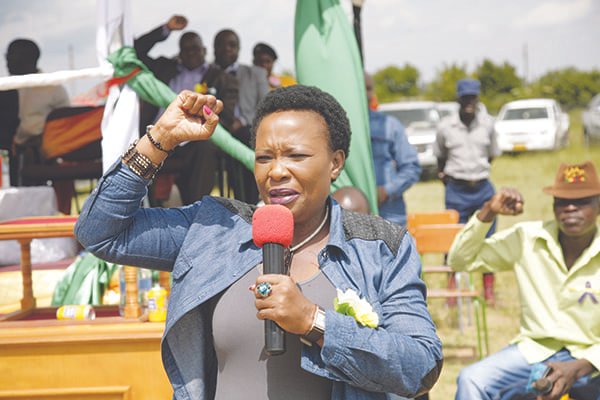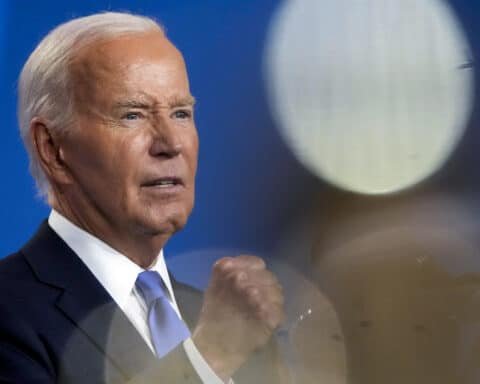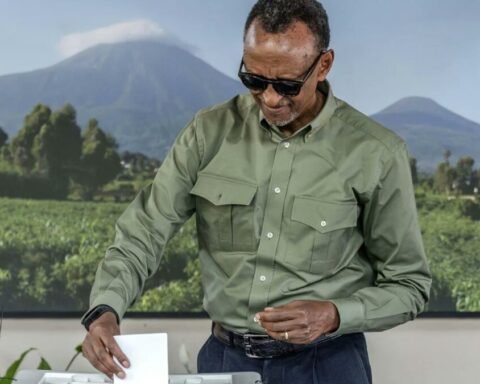Harare – Zimbabwean First Lady Auxilia Mnangagwa’s resignation from parliament has reportedly received mixed emotions from the country’s opposition parties.
Auxilia gave up her seat as Chirumanzu-Zibabwe legislator on Saturday, with her husband, President Emmerson Mnangagwa telling Zanu-PF supporters at a rally in Mvuma that there was need for her to focus more on her role as the country’s first lady.
Mnangagwa said that Auxilia wanted to concentrate on her role as “the mother of the nation” and not just a particular constituency.
“She (Auxillia) said she could not be Amai Mnangagwa for Chirumanzu-Zibagwe but that she should be the mother of the nation. So we agreed with Amai Mnangagwa that she should step down as MP here. She is stopping being MP from today (Saturday) onwards and she becomes the mother of the nation. She is now MP everywhere she goes,” Mnangagwa was quoted as saying.
According to New Zimbabwe.com, the announcement “raised eyebrows”, as her Mnangagwa only took over power last year and was facing a crunch election in 4-5 months from now.
The report said that Mnangagwa had a “limited mandate” and faced a “tight fight to remain at the State House”.
Some opposition parties warned that Auxilia’s move signalled a repeat of what the country witnessed under ex-president Robert Mugabe’s administration – where his wife, Grace, became more influential in government.
The MDC party’s spokesperson, Kurauone Chihwayi, said that Auxillia must be shown her boundaries in order to avoid colliding with state workers.
“The mysterious ascendency of Emmerson Mnangagwa led to the creation of a second Grace Mugabe – which is pointing to a chaotic interference of the First Lady in duties of the executive.
“She (Auxilia) needs advise to avoid disruption of work in government institutions. She has been moving at supersonic speed and acting like a government employee. She should be shown the boundaries to avoid collision with state employees,” Chihwayi was cited as saying.
Another opposition party, CODE, accused Mnangagwa of trying to privatise the southern African country by giving his wife executive powers.








